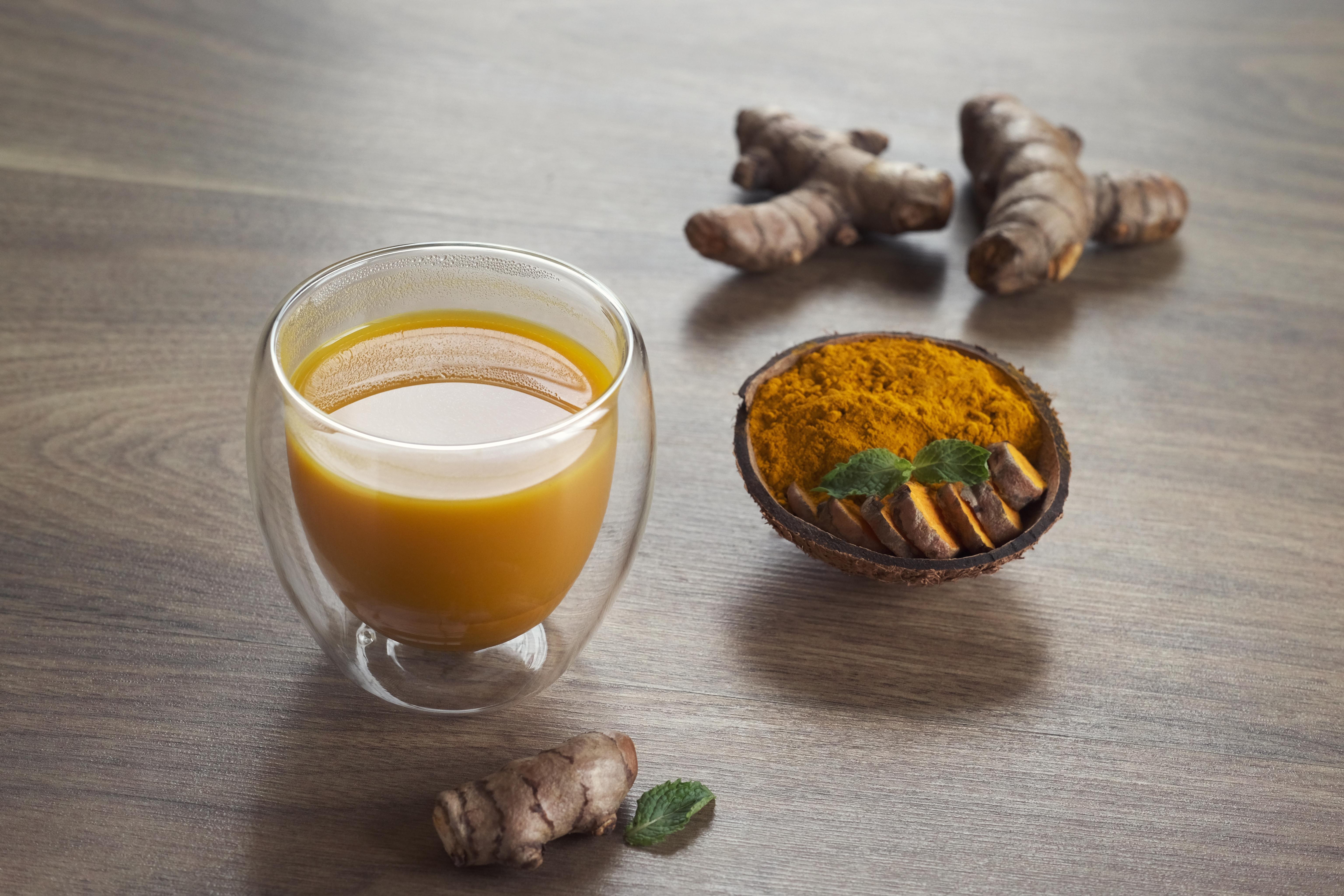15 Innovative Strategies to Combat Chronic Inflammation
Chronic inflammation is a silent yet pervasive condition affecting millions worldwide. Unlike acute inflammation, which is a short-term response to injury or infection, chronic inflammation persists over time, often without obvious symptoms. It can lead to a host of health issues, including heart disease, diabetes, and autoimmune disorders. Understanding the mechanisms behind chronic inflammation is crucial for developing effective strategies to combat it. This article explores groundbreaking methods to tackle chronic inflammation, revolutionizing health and well-being by delving into lifestyle changes, dietary adjustments, and innovative treatments. Inflammation is the body's natural response to harmful stimuli, involving immune cells, blood vessels, and molecular mediators. However, when this response becomes chronic, it can damage healthy cells, tissues, and organs. Researchers have identified key players in this process, including cytokines and free radicals. By exploring the biochemical pathways involved in chronic inflammation, we can identify potential points of intervention, paving the way for innovative treatments that address the root causes rather than just the symptoms.
1. Dietary Interventions: The Anti-Inflammatory Diet

What we eat has a profound impact on inflammation levels in the body. An anti-inflammatory diet focuses on whole, nutrient-rich foods that actively help reduce inflammation while supporting overall health. Key components include omega-3 fatty acids, found in fatty fish, walnuts, and flaxseeds, which have been shown to counteract inflammatory processes. Antioxidant-rich fruits and vegetables such as berries, spinach, and kale provide essential vitamins and minerals that protect cells from damage caused by oxidative stress. In addition to whole foods, spices like turmeric and ginger are well-known for their anti-inflammatory properties. Turmeric contains curcumin, a powerful compound that helps block inflammatory pathways, while ginger has been linked to reduced muscle soreness and joint pain. On the other hand, processed foods, refined sugars, and trans fats can exacerbate inflammation, increasing the risk of chronic diseases such as diabetes and heart disease. By making strategic dietary choices, individuals can naturally regulate inflammation, improve energy levels, and enhance long-term well-being.
2. Exercise: A Powerful Tool Against Inflammation

Physical activity is not just beneficial for cardiovascular health and weight management—it also plays a crucial role in reducing inflammation. Engaging in regular exercise helps regulate the immune system, preventing excessive production of pro-inflammatory cytokines that contribute to chronic inflammation. Studies have shown that individuals who maintain an active lifestyle have lower levels of inflammatory markers, making movement a powerful tool for disease prevention. Different forms of exercise offer unique benefits. Aerobic activities, such as walking, jogging, and cycling, help boost circulation and oxygen flow, reducing inflammation at a cellular level. Strength training builds muscle mass and supports joint health, which can be especially beneficial for those with inflammatory conditions like arthritis. Yoga and stretching enhance flexibility while lowering stress hormones, further minimizing inflammation in the body. The key is consistency—engaging in at least 30 minutes of moderate exercise most days of the week can significantly improve inflammatory responses and overall health.
